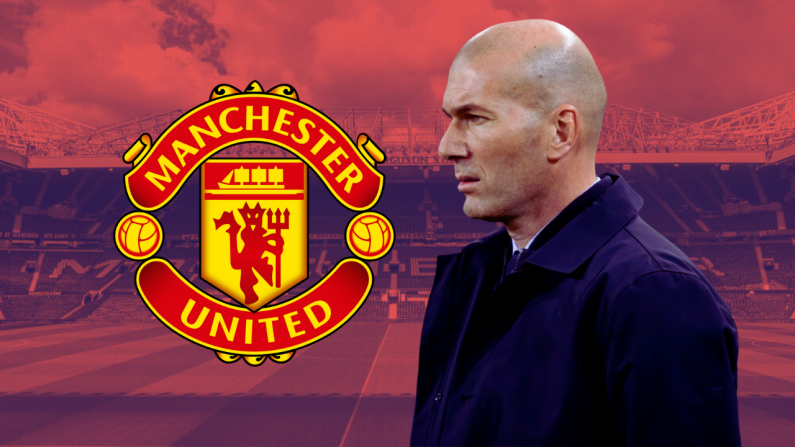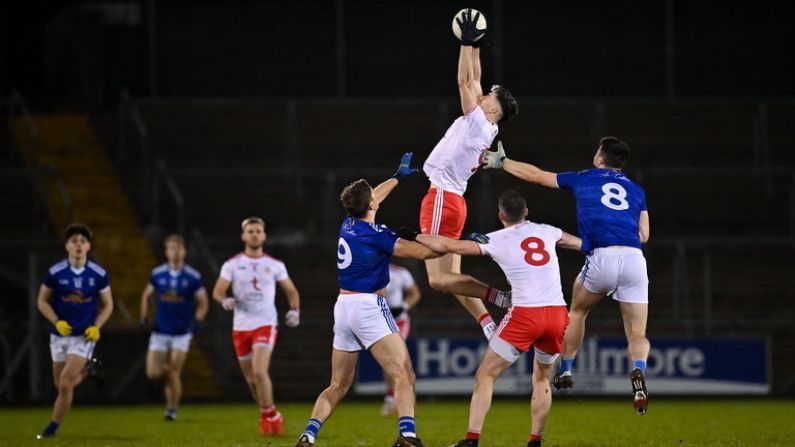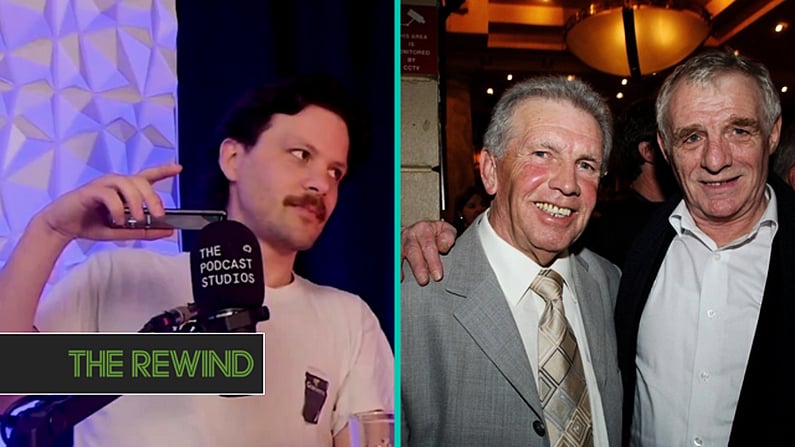It's two months since new FA chairman Greg Clarke announced that England had abandoned their previous target of winning the 2022 World Cup. His predecessor, the rather more bullish Greg Dyke had installed a digital clock in St. George's Park which counted down to England's eventual and inevitable victory in the World Cup in Qatar.
Clarke branded the clock "daft" and "a joke" and somewhat wisely refused to set a specific target for six years time. The new goal was merely to make the nation proud again and "rekindle the spirit of Italia 90" when Egypt, Cameron and Belgium were beaten.
-----
Today brought news of Gareth Southgate's appointment as England manager, an appointment which might have been described as a "yeah, whatever" appointment. The internet doesn't need another Father Ted analogy but something about Southgate's elevation puts one in mind of the decision-making behind the upgrading of the Holy Stone of Clonrichert to a class Two relic. "Whatever."
Scarred and weary from grim past experience, the FA seemingly couldn't be arsed going out and poaching some trophy laden super-manager from the continent. Southgate's very slight managerial CV necessitated that he take the job on a 'caretaker' basis at first.
In the past two decades, England have thrashed around the place wildly in search of the man who would lead them to the promised land. It was easier in the olden times. In the days when it was considered anathema that anyone else but an Englishman manage England, the selection process was much more straightforward. Graham Taylor, for instance, only got the England job because Brian Clough was (a.) too old and (b.) had too much lip and (c.) every other strong candidate was Scottish.
Their first foreign manager, the allegedly studious Sven Goran Eriksson, was hired directly after Kevin Keegan, a man whose managerial style was seen to represent the ultimate in English bombast and naivety.
Six years down the line, popular opinion mandated that Eriksson, whose achievements with England should probably now be re-evaluated, had to be replaced by an Englishman. Thus, they ended up with Steve McClaren, who just happened to have a very good season with Middlesbrough that year. Under McClaren, England failed to qualify for Euro 2008, the first tournament they missed since USA 94.
In response to McClaren, the humble product of the English coaching system who used to refer to the players by their nickname, the FA decided they needed a man, a decorated discipinarian and preferably a foreigner, with a rock solid reputation for delivering success. They were prepared to throw any money at their target.
And so Fabio Capello became, by some distance, the highest paid manager in international football. He arrived from Italy with a Champions League under his belt, not to mention a clutch of Serie A and La Liga titles. His managerial CV suggested he probably didn't know the meaning of the word "failure". Four years with England soon acquainted him with the concept.
The failure of Capello and England in South Africa seemed to break something in the English hierarchy and supporters. We've suggested in the past that the 2010 World Cup may well go down as the tournament which killed English hubris.
The manner of the defeat to Germany was so definitive - regardless of Lampard's disallowed goal - that English reporters began to confront the possibility that their players might simply not be good enough. They had run out of alternative explanations.
Gary Lineker, an astute and non-hyperbolic observer of the English team, made a documentary in which he admitted that England winning the World Cup in the short-term was highly unlikely.
(Admittedly, Greg Dyke's World Cup clock rather undermines this narrative. This new shift towards realism clearly didn't last long. The best we can say is that at least they were setting medium-long term goals.)
In Roy Hodgson, as Declan Lynch put it, England had hired a manager who specialised in lowering everybody's expectations. His talent was for subtly and not-so-subtly lowering expectations to the point where very modest achievements were recast as respectable. This allowed him hold onto the England job after the team were dumped out of the Brazil World Cup in the First Round.
During his time at Fulham, Roy Hodgson, in an interview with the Observer Sport Monthly, gave us a glimpse of his philosophy, laying out his credo as an arch expectation lowerer.
I'm worried about ceilings, and I'm worried about the constant desire for progression. I know you've got to progress but you can start reaching too high, and in doing that you can destroy a little bit of the tradition of the club, the structure.
No tree grows to heaven. I constantly preach the message that all the time we can remain a Premier League club, filling the stadium with 25,000 people, playing the sort of football that those 25,000 people seem to appreciate, I've got to say I think that's success.
Alas, his genuis for lowering expectations was not so pronounced that it allowed a loss to little Iceland be reframed as a mild setback. To his credit, Hodgson recognised this and resigned immediately.
The Iceland defeat English football into new realms of despair. Even the growing band of English pessmists never forsaw something quite so humbling.
Then, in what felt like a calculated 'FU' to all the pretensions of yesteryear, the Football Assocation finally gave the job to Sam Allardyce. By the summer of 2016, they'd been around the houses so often, had tried more or less everything else, and said "sod this, let's just give it to Allardyce!"
His comically short reign heaped more embarrassment on the beleaguered suits in Lancaster Gate. Even George Constanza couldn't boast of such a catalogue of misfortune.
Gareth Southgate, the first England manager with more senior losses than wins in his management career, is next up on the block.
Interesingly, Southgate's past comments indicate he may be more in the traditional English mode. He was previously vocal about the appointment of a foreign manager, saying it undercut the whole concept of international football to hire a foreigner, no matter how well qualified, to lead your national football team.
And he is said to be the author of the famous quote chastising Sven Goran Eriksson's motivational qualities. Apparently, at half-time in Japan against Brazil in the 2002 World Cup quarter-final, the England players, reeling from the concession of an equaliser, were expecting Winston Churchill. They instead got Iain Duncan Smith.
This type of British bulldog rhetoric does not bode well. But at least he won't have to cope with the "daft" clock. And who knows, maybe finally "giving up" will actually liberate English football and help ease the pressure on their beleaguered stars.









